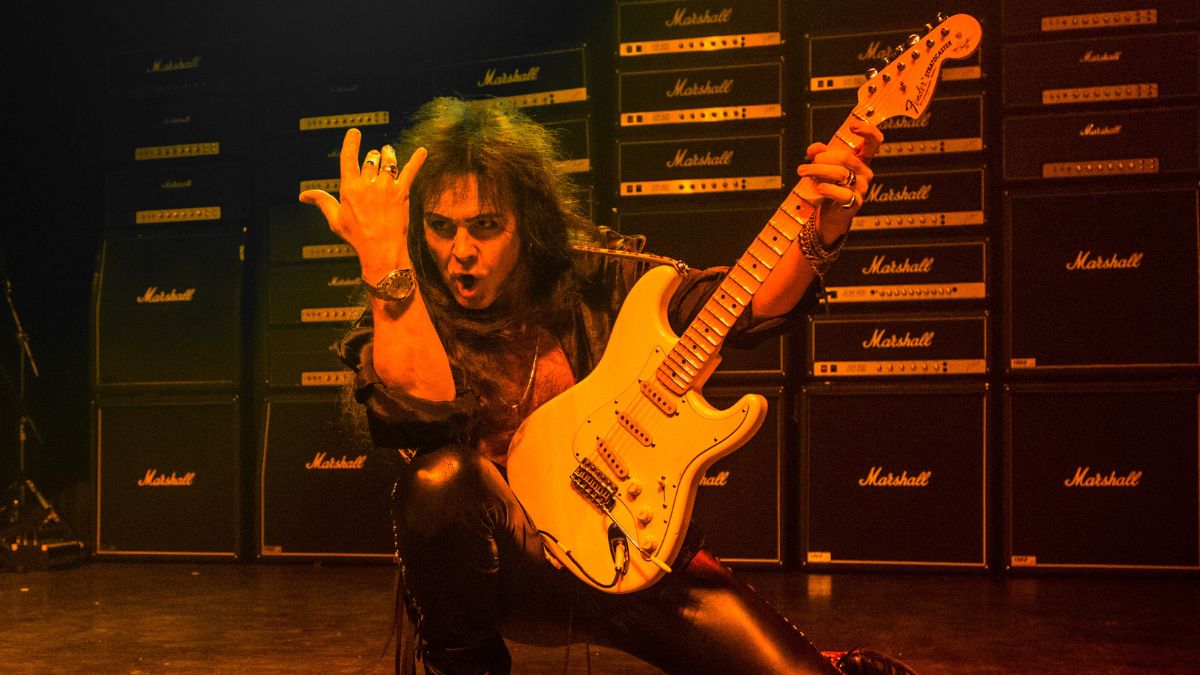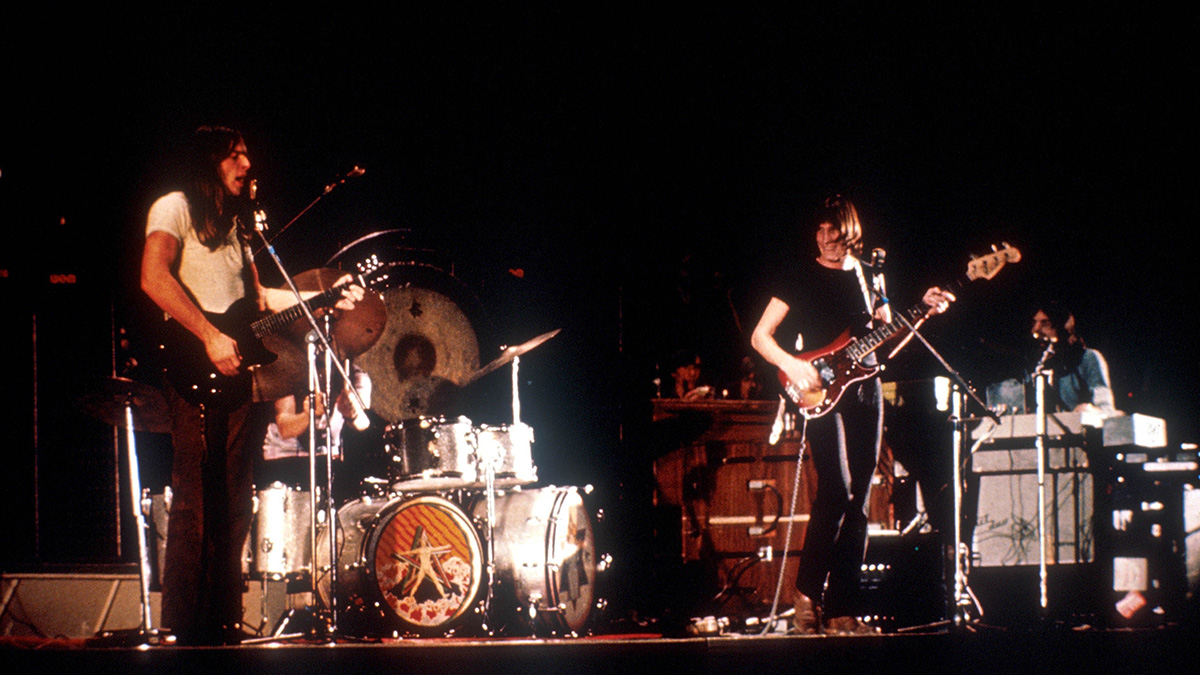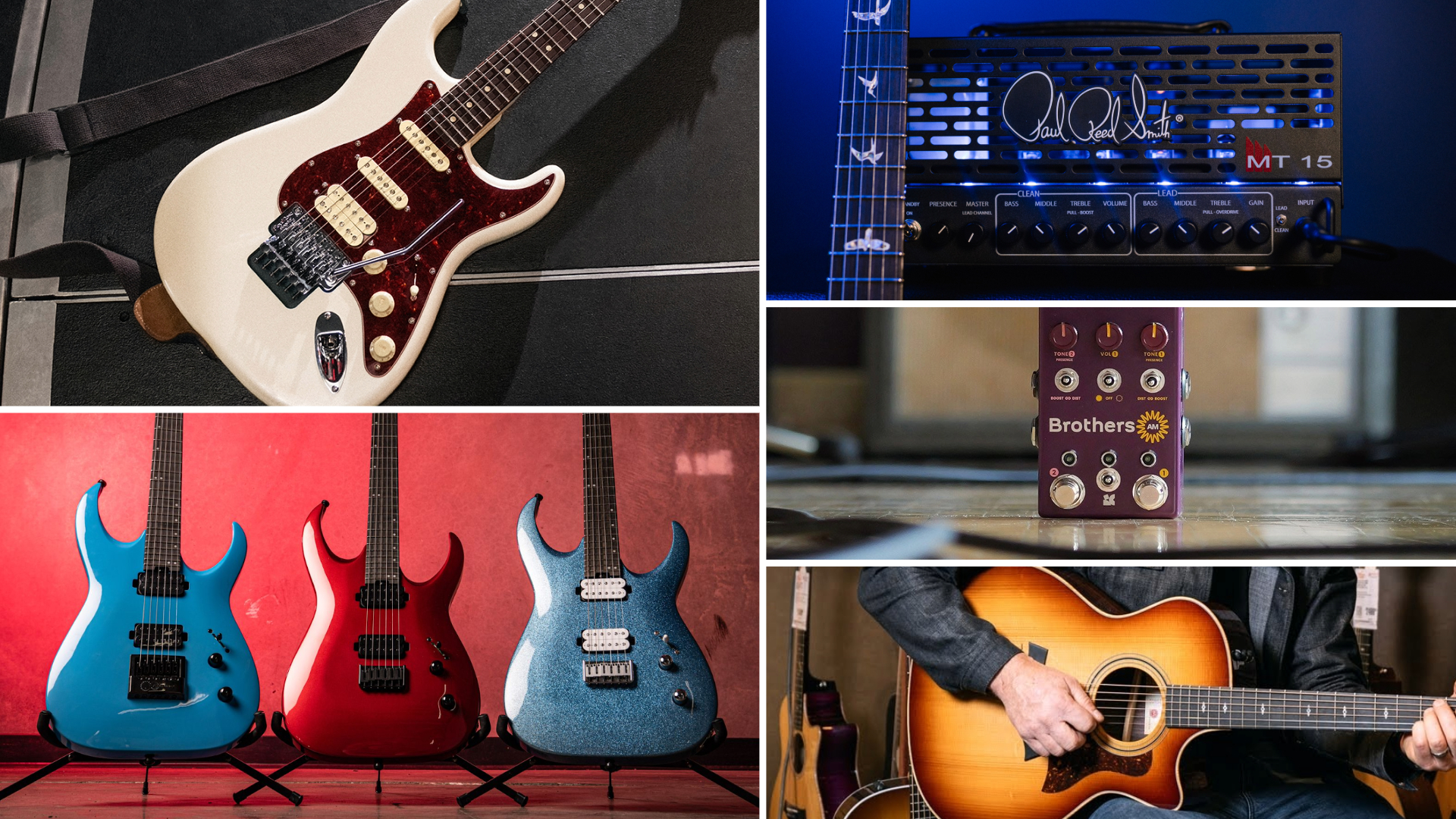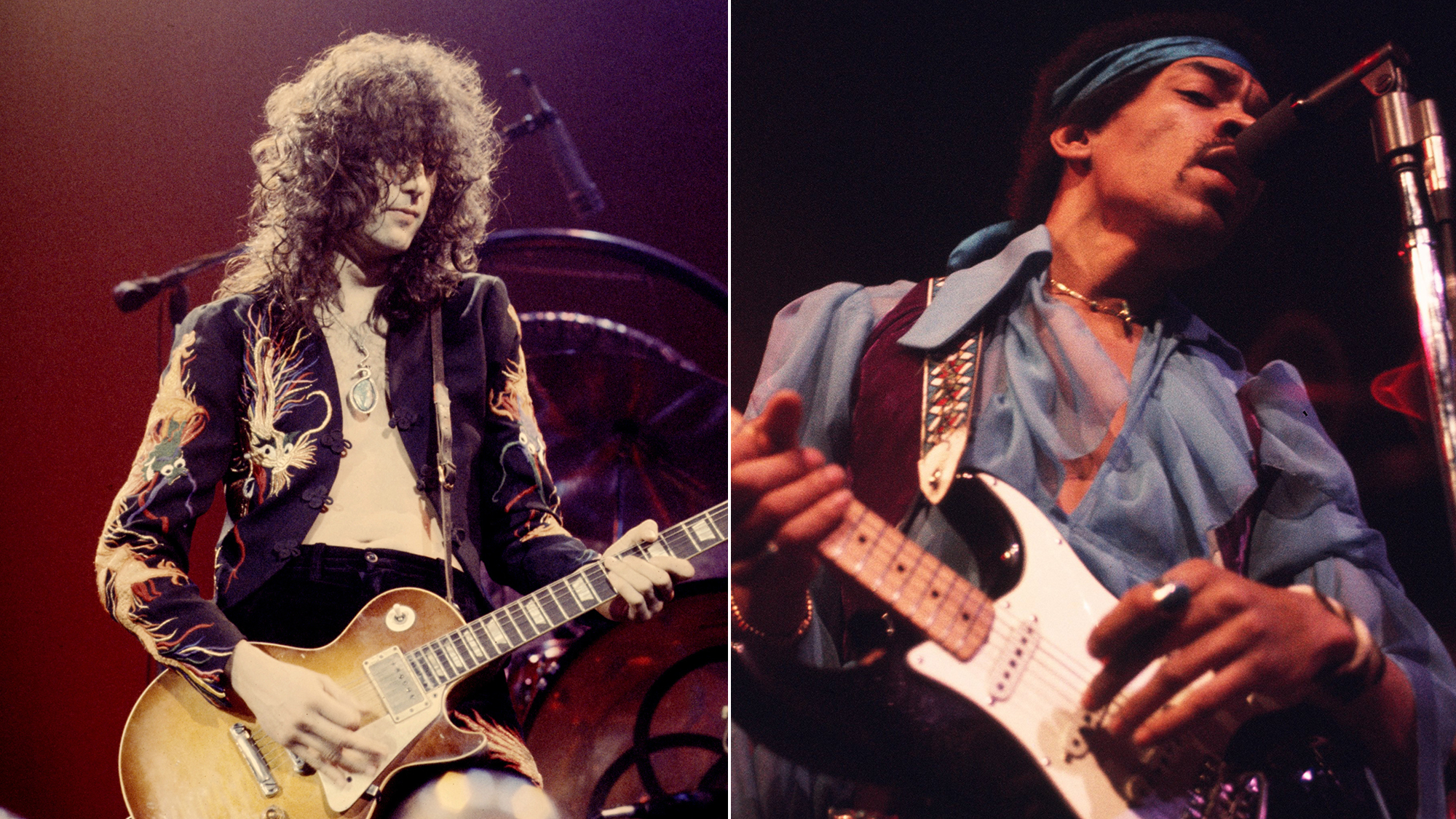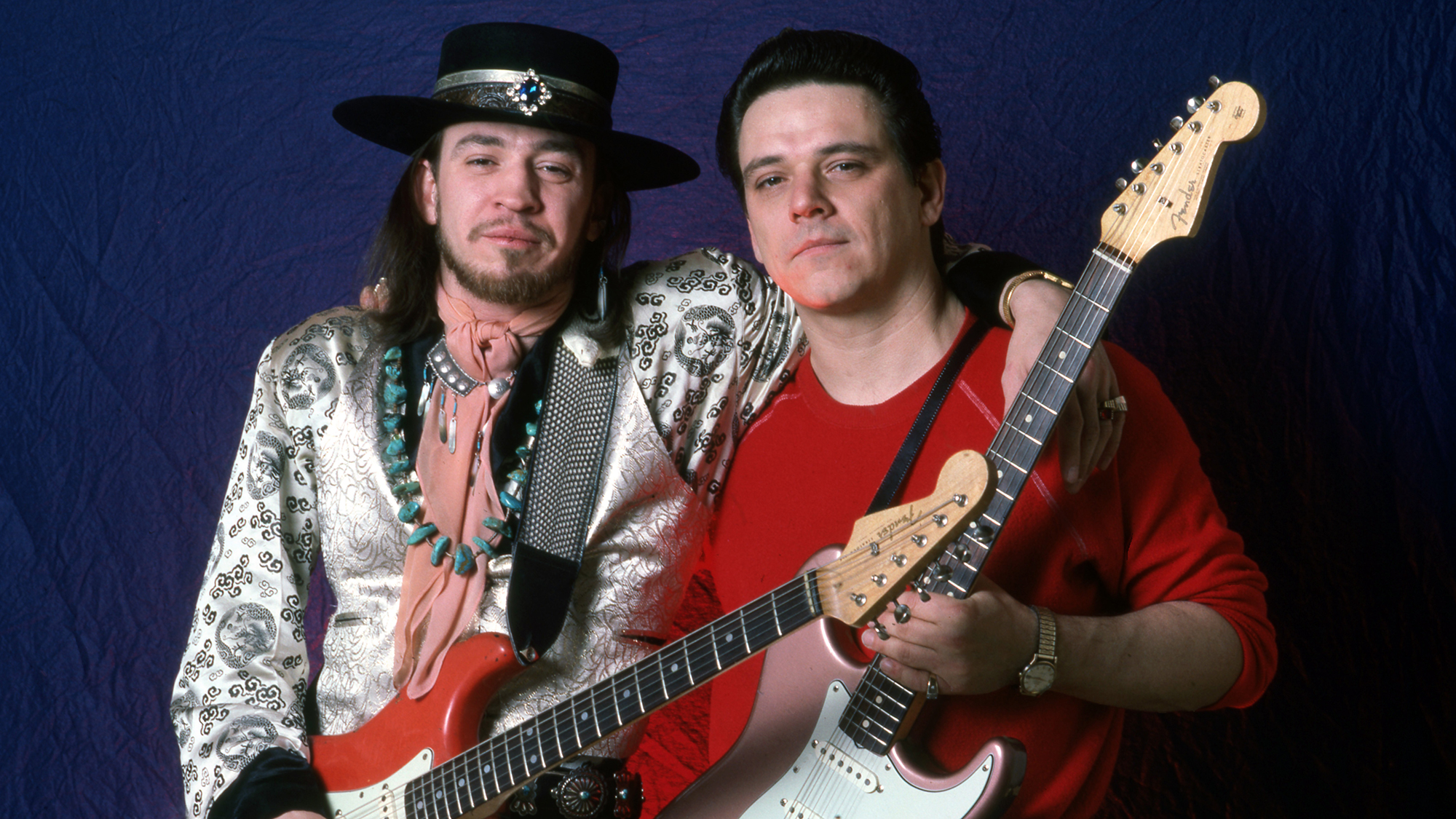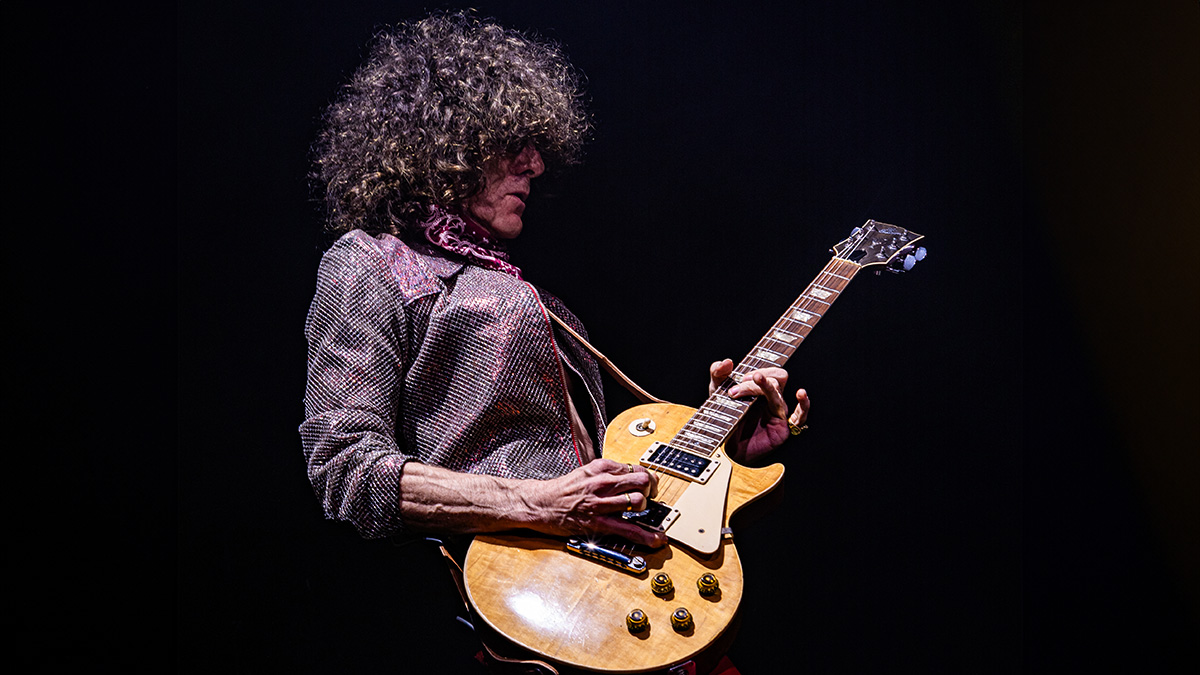Wayne Kramer, influential MC5 guitarist, dies at 75
With his six-string brother-in-arms, the late Fred “Sonic” Smith, Kramer was the architect of the MC5's tough, years-ahead-of-its-time sound, best exemplified on their legendary 1969 debut album, Kick Out the Jams
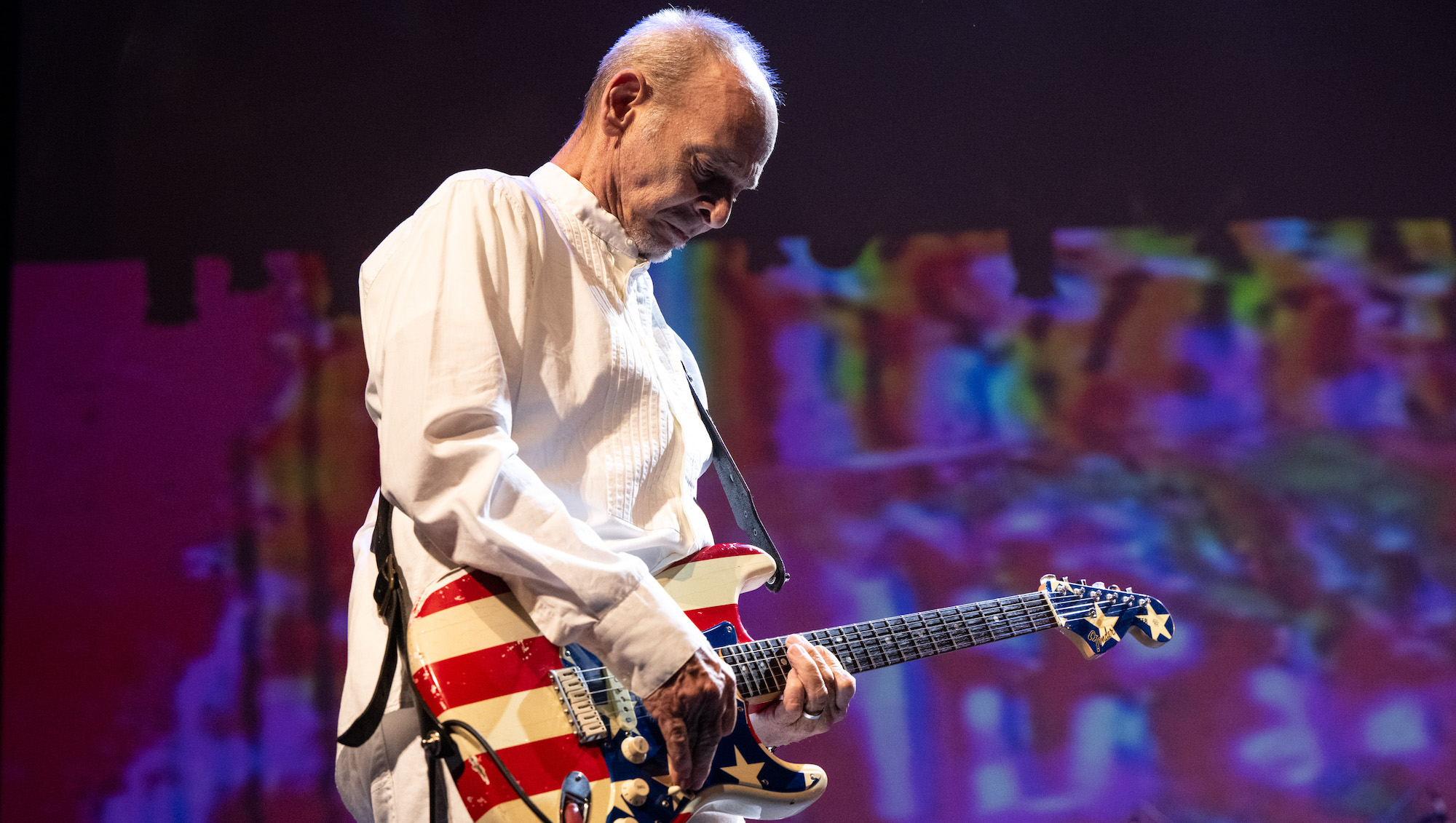
Wayne Kramer, guitarist for the influential proto-punk band MC5, has died at 75, the band announced on their Facebook page today (February 2).
In the form of a statement, the band simply wrote “peace be with you.”
With his six-string brother-in-arms, the late Fred “Sonic” Smith, Wayne Kramer was the architect of the MC5's barreling sound, best exemplified on their legendary 1969 debut album, Kick Out the Jams.
Replete with overdriven riffs, feedback, and radical politics, Kick Out the Jams was years ahead of its time, and helped set the template for what would become punk-rock.
A native of Detroit, Kramer formed the MC5 in the mid-1960s. Influenced not only by early rock 'n' roll, Kramer had a deep love of soul and R&B music, and, notably, the experimentalism and loose structures of free jazz.
Before they had a record under their belt, the MC5 became stars in their native city, playing to hundreds, and later thousands, of fans wowed by their explosive live performances.
With fellow Detroit proto-punks the Stooges, the MC5 – led by the dual-guitar assault of Kramer and Smith – developed a tough-edged sound that stood in direct contrast to the flower-power psychedelia that had taken over the rock world at the time.
Get The Pick Newsletter
All the latest guitar news, interviews, lessons, reviews, deals and more, direct to your inbox!
In an interview with Fender, Kramer drew parallels between his approach and that of Pete Townshend.
“I thought Pete Townshend was the sharpest tool in the shed,” Kramer said. “He was doing the same stuff I was trying to do, the feedback, pushing guitar tone into a new dimension.”
Though Kick Out the Jams sold well, the MC5 could neither replicate its magic or its commercial success on their two studio albums, 1970's Back in the USA and 1971's High Time. By the early '70s, the wear and tear of the road, the band's drug use, and scrutiny from law enforcement (due to their outspoken leftism and the aforementioned drug use) took their toll, and by 1973, the group had disbanded.
Kramer's inability to kick his drug habit would land him in prison in 1975, where he served four years on drug charges. The experience would later inspire Kramer to start the non-profit Jail Guitar Doors U.S.A., which provides musical equipment and offers songwriting workshops to inmates in US prisons.
Though he spent a number of years outside the music industry, Kramer came back to music in the '90s, releasing a number of solo albums over the next decade, and eventually spearheading multiple MC5 reunions featuring himself and the band's other surviving members.
“Brother Wayne Kramer was the best man I’ve ever known,” wrote Tom Morello on Instagram. “He possessed a one of a kind mixture of deep wisdom and profound compassion, beautiful empathy, and tenacious conviction. His band, the MC5, basically invented punk rock music and was the only act to not chicken out and performed for the rioting protestors at the 1968 Dem National Convention.
“I’m pretty sure every album I’ve ever worked on the rawest fastest track had the working title ‘MC5’ (Sleep Now In The Fire, for example). Wayne came through personal trials of fire with drugs and jail time (the Clash song Jail Guitar Doors was written about Wayne) and emerged a transformed soul who went on to save countless lives through his tireless acts of service.”
“He was like a non-fiction Tom Joad,” Morello concluded. “Whenever and wherever any of us kick out the jams, Brother Wayne will be right there with us.”
Jackson is an Associate Editor at GuitarWorld.com. He’s been writing and editing stories about new gear, technique and guitar-driven music both old and new since 2014, and has also written extensively on the same topics for Guitar Player. Elsewhere, his album reviews and essays have appeared in Louder and Unrecorded. Though open to music of all kinds, his greatest love has always been indie, and everything that falls under its massive umbrella. To that end, you can find him on Twitter crowing about whatever great new guitar band you need to drop everything to hear right now.
Ozzy Osbourne’s solo band has long been a proving ground for metal’s most outstanding players. From Randy Rhoads to Zakk Wylde, via Brad Gillis and Gus G, here are all the players – and nearly players – in the Osbourne saga
“I could be blazing on Instagram, and there'll still be comments like, ‘You'll never be Richie’”: The recent Bon Jovi documentary helped guitarist Phil X win over even more of the band's fans – but he still deals with some naysayers



